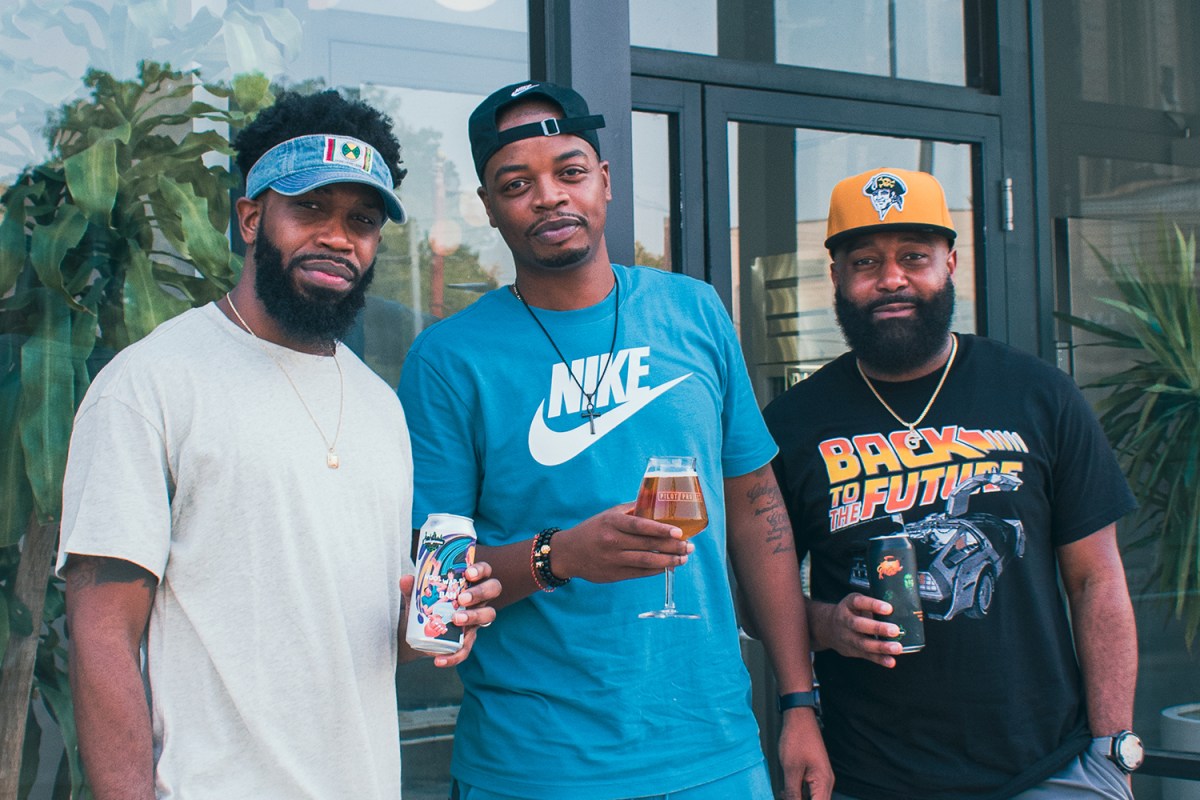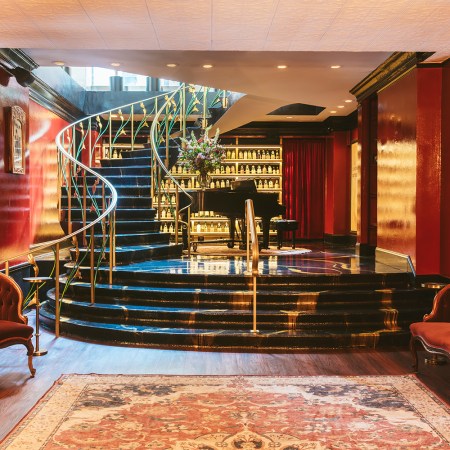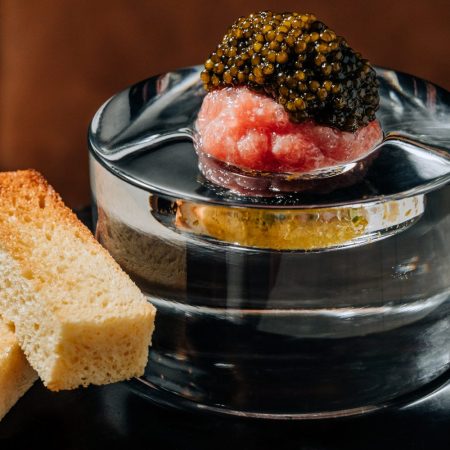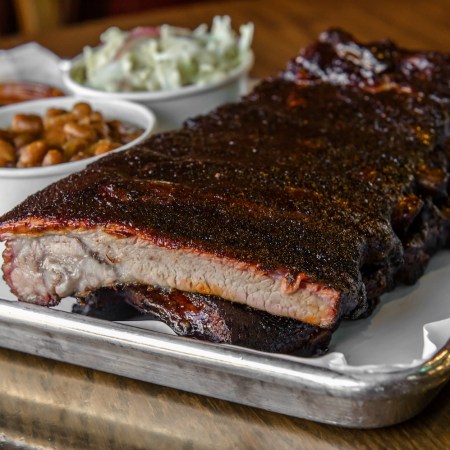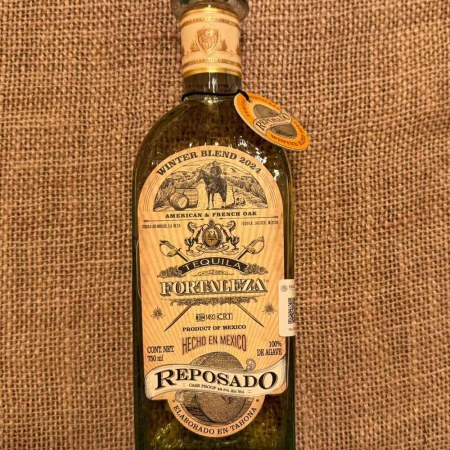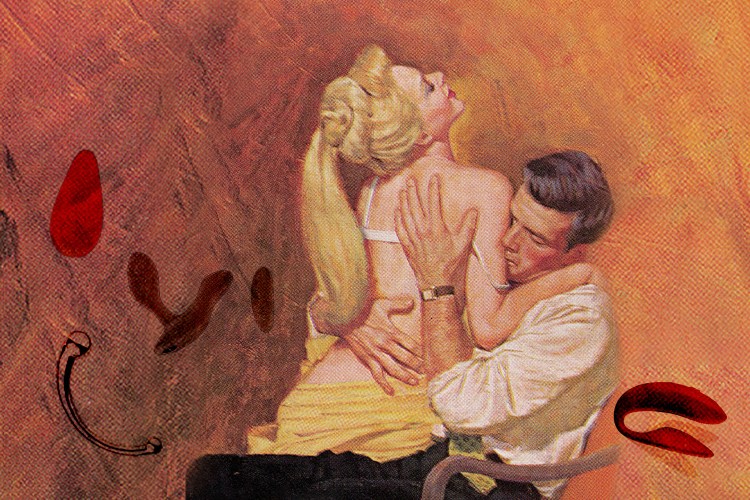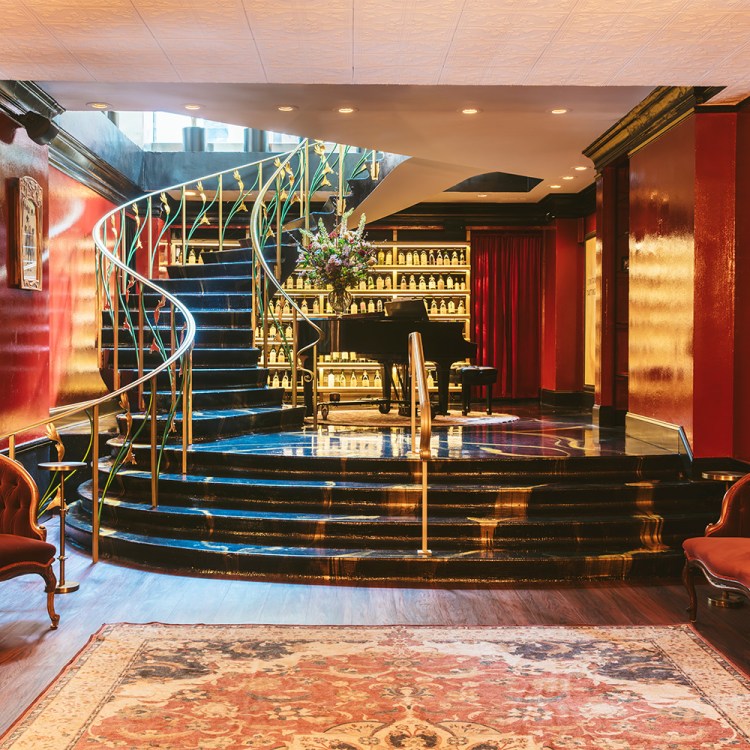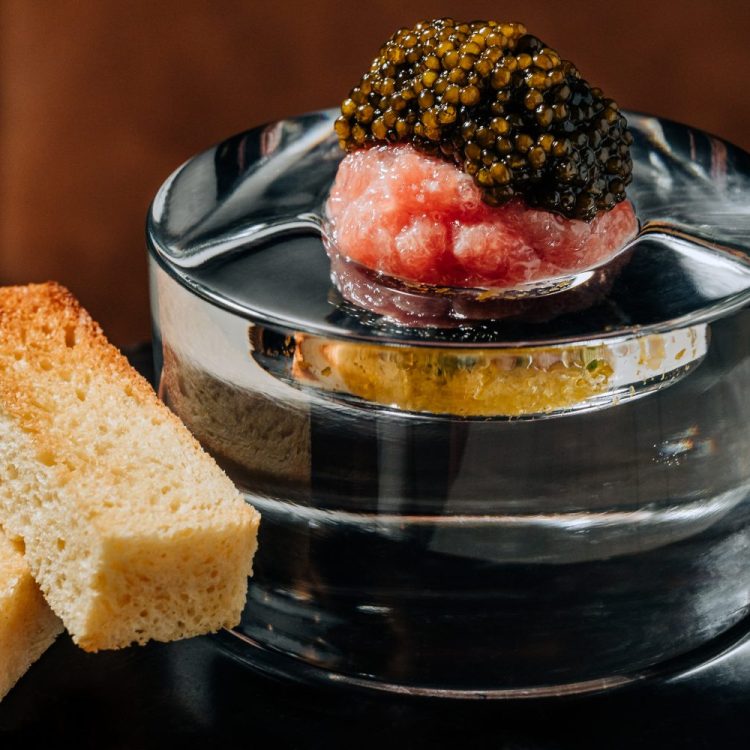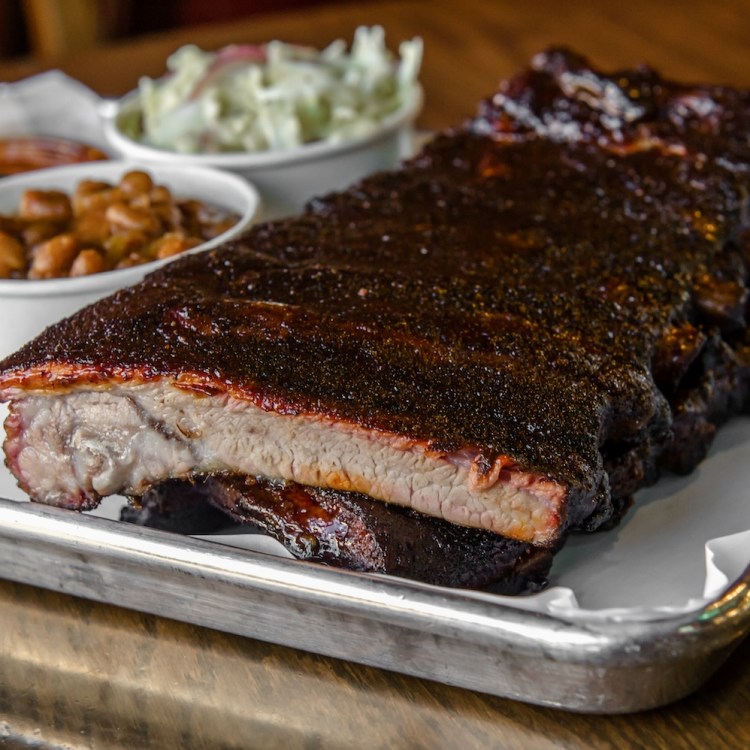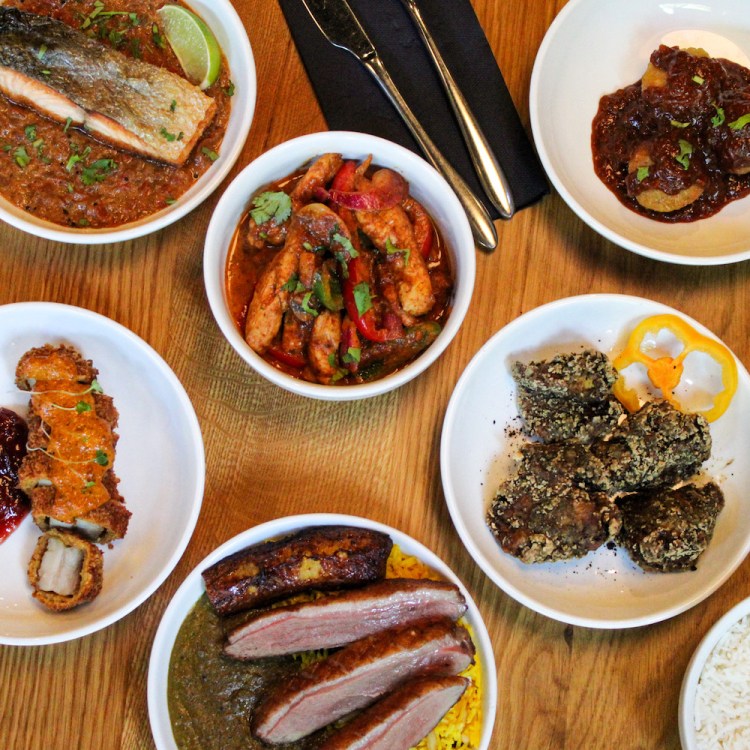Funkytown Brewery co-founders and longtime friends Richard Bloomfield, Zachary Day and Gregory Williams found success in the craft beer world at warp speed.
They launched in October 2021 at Pilot Project Brewing, Chicago’s brewery incubator, and won the Brewbound Pitch Slam just one month later. The event, hosted by the trade publication, offers people in the beer and alcoholic beverage space a chance to share the story behind their product, with the winner taking home a $10,000 advertising package, which Funkytown did.
Since then, they’ve released seven beers that are now available in 200 retail locations throughout Chicago, including Binny’s, Whole Foods, Kimbark Beverage Shoppe and many more.
Here’s how they did it.
Refining the Audience
Before they could start the brewing business, the Funkytown team knew they needed to learn more about the beer market.
“We were aware of the issues with diversity and craft beer. We were thinking about our own behaviors already aligned, and [how would] they fit well into the industry,” Bloomfield tells InsideHook. For years, they brought craft beers they liked to social events like barbecues and co-ed baby showers. They noted that people at these events, especially those they felt were underserved in the craft beer market — women as well as Black and Brown folks — were super curious about craft beer.
This proved fortuitous. Bloomfield and his partners started setting up sampling sessions at these events and collecting information on people’s palettes, eventually deciding that Black people and women would be Funkytown’s target market for their beer. Labeling, branding and, of course, the beers would have to resonate with those groups. They also decided to focus on more traditional beer styles.
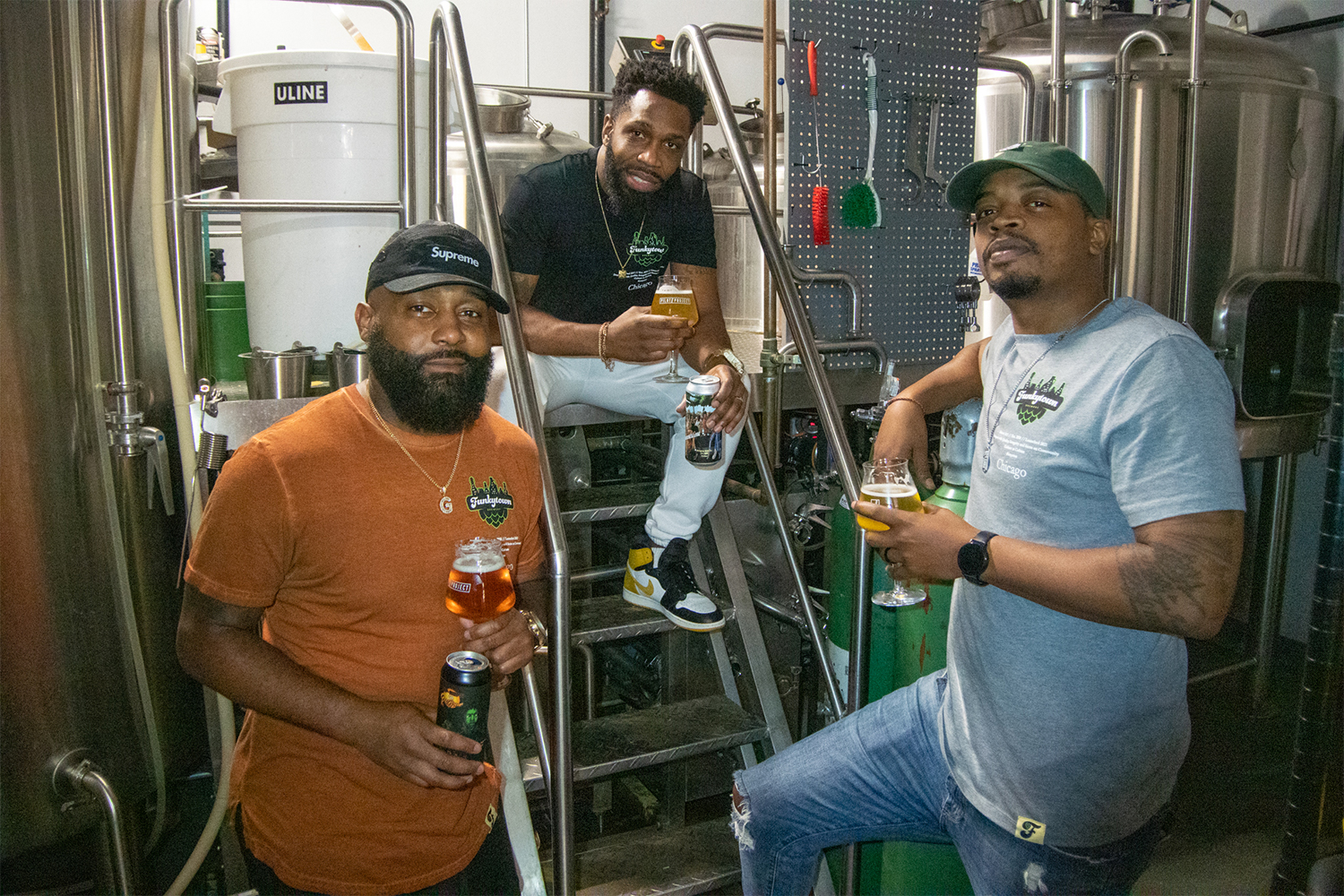
Craft Beer Crash Course: From Homebrewing to Fresh Fest
From 2017 to 2019, the co-founders learned as much as possible about beer. They went to beer-making supply store Brew and Grow, took brewing classes, visited breweries, talked with brewers and tasted as many beers as possible. They took that knowledge and began homebrewing their own beer, with friends and family sampling what they made.
In 2019, they attended Pittsburgh’s Fresh Fest (now known as Barrel & Flow Fest), which celebrates Black craft beer, attending panels and Q&As with other brewers. Bloomfield says that the brewers “were just so transparent and upfront with their processes, struggles, mistakes and successes, and the most viable route to get into the industry.”
Adapting the Business Model to a Changing Reality
While the co-founders had planned to pursue a bank loan, they shifted their plan after learning about contract brewing at Fresh Fest. Instead of building their own facility, brewers can contract with breweries to produce their beer, which lowers the significant capital barrier for starting out.
“We had created our business plan based on a brick-and-mortar,” Williams says. “But once we figured out we could get into the industry at a lower entry, we had to change our model a little bit and restructure what we were planning to do for our first two to three years.”
Finding the Right Partner
When the Funkytown founders came back to Chicago to gather information about contract brewing, they discovered Pilot Project, a beer incubator in Chicago, that offered more opportunities than contract brewing. “It was just a perfect match,” Bloomfield says.
When Pilot Project held auditions for new partners in June 2021, Funkytown presented their vision and succeeded in becoming one of the organization’s first incubator partners. A few months later, they launched their first two beers: Hip-Hops and R&Brew, a pale ale, and Woo-Wap-Da-Bam, an American amber. In the year that followed, they’ve distributed their beer into 200 locations across Chicagoland.
All of that success makes now a better time to get that business loan, which they’ll use to build out their own space. Had they resorted to that earlier, Bloomfield believes they would have received a smaller loan and had some success, but “we would quickly find that we couldn’t meet the demand, and that would just hamper our growth.” Places like Jewel and Whole Foods would not be happy with shortages. Working with Pilot Project allowed them “to brew on a scale with the big boys,” he says.
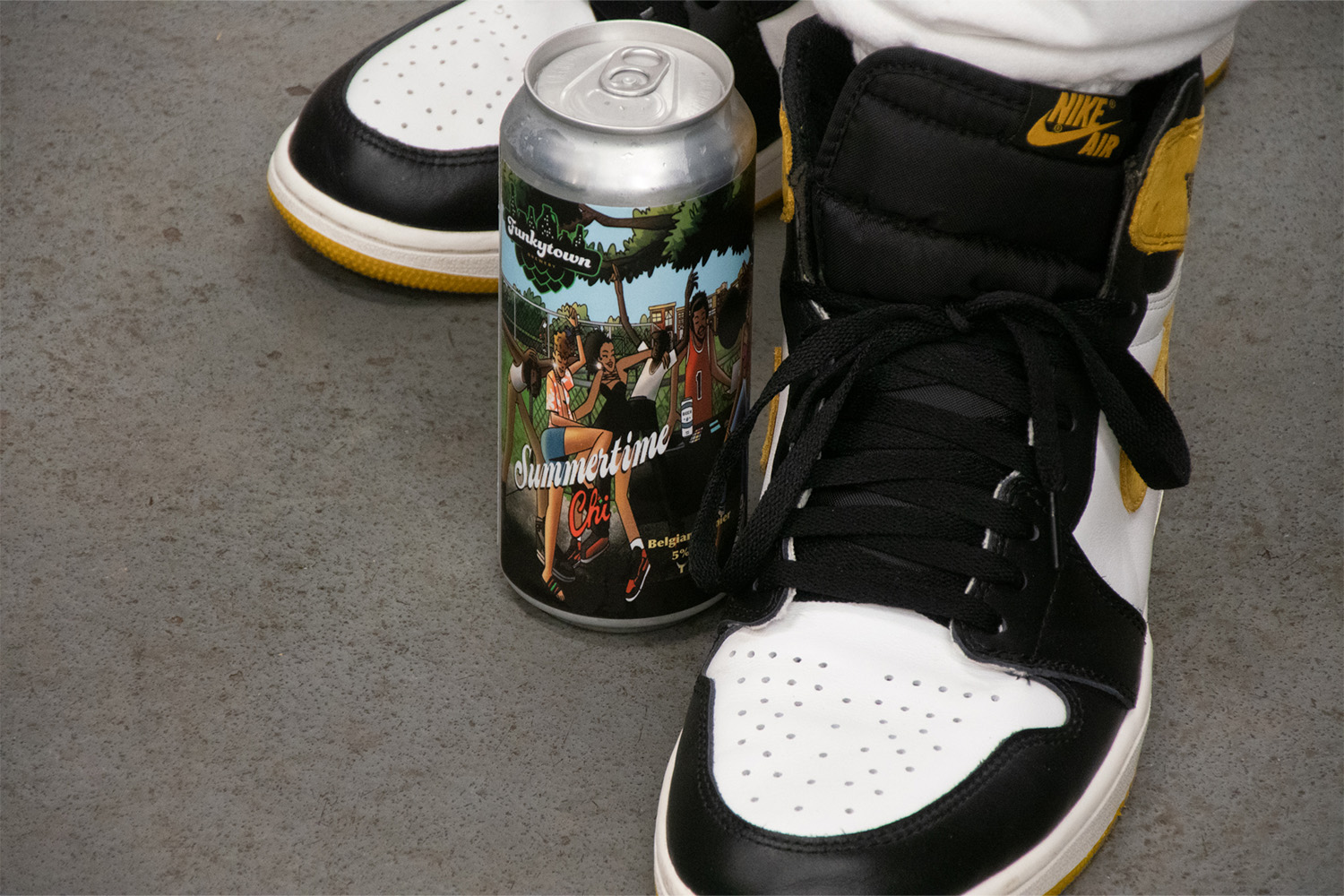
Know Thyself
The trio knew they wanted their beers to reflect their love of hip-hop; Hip-Hops and R&Brew pays tribute to the Fugees. That appreciation is just part of a universe of cultural touchpoints — references to Black culture, fonts, typography or slang — too often unseen within the craft beer world.
To parlay that style to Instagram and Facebook, the trio thought about how to create Funkytown’s voice on social media: Would it be funny? Beer nerd-y? Something else? They now post frequently, sharing their successes and mistakes and responding to comments. It seems to have worked, as all their success has been achieved without an official website, though one is reportedly on the way.
For now, the team is focusing on bringing new beers to the market — including their latest release, Summertime Chi, a Belgian witbier — as well as hosting and collaborating on events for their target market: fundraisers, game nights, the works.
“It can’t just be about the beer that pulls them in,” Bloomfield says. “They kind of have to see it within their lifestyle.”
This article was featured in the InsideHook Chicago newsletter. Sign up now for more from the Windy City.
